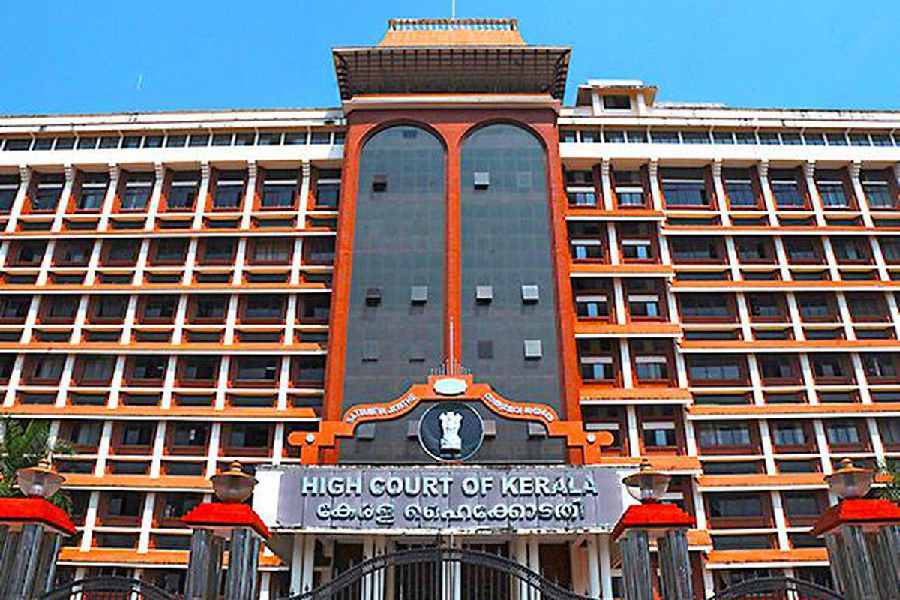Kerala High Court has rejected IIM Kozhikode’s argument that the quota policy cannot be implemented in PhD admissions as the course does not have a pre-determined number of seats.
Justice T.R. Ravi of the high court last week directed IIM Kozhikode to take in a non-creamy layer OBC candidate who had been denied admission into a research programme.
According to the Central Educational Institution (Reservation in Admission) Act, 2006, a central government institution has to reserve 15 per cent seats for Scheduled Castes, 7.5 per cent seats for Scheduled Tribes and 27 per cent for non-creamy layer OBCs.
IIM Kozhikode this year admitted 24 candidates in its PhD courses — 18 from the general category and 3 each from the SC and OBC categories. The institute followed a cut-off of 45 marks for general candidates and 40 marks for OBC candidates, while the petitioner had secured 37.5 in the written test and the interview taken together.
The petitioner, Mahesh Mohan, had contended that six seats should have been reserved for OBCs had the institute applied the reservation formula on the total number of seats.
In its counter-arguments, the IIM had said that Section 3 of the 2006 Act applied only to courses where there is an annual permitted strength that is identified beforehand. But it will not apply in the case of PhD, for which there is no annual permitted strength prescribed and the number of seats is decided on a year-to-year basis depending on the capacity of the institute, the IIM had said.
“I do not think that such an argument can be sustained. The requirement of reservation under the enactment cannot be defeated by not prescribing the number of seats that are permitted to be filled up for a particular course in a particular year. If there is no annual permitted strength as contended, the only manner in which the provision can be understood is the total number of seats that are sought to be filled up in a particular year is the annual permitted strength,” the judgment said.
The court did not set aside the admission process but directed the institute to admit the student.
Like IIM Kozhikode, IIM Ahmedabad also does not offer quota benefits in the PhD programmes. A case has been filed against IIM Ahmedabad by the IIM Global Alumni Network, an alumni group fighting for social justice.
In March this year, The Telegraph had filed an RTI application to understand the prevailing practices in IIMs. IIM Ahmedabad had replied: “There is no annual prescribed intake specified for the PhD programme at IIMA and therefore reservation cannot be specified. The institute admits students based on their passing the admission criteria.”
Anil Wagde, an alumnus of IIM Calcutta and a member of the IIM Global Alumni Network, said higher education institutions like IIMs were continuing their discrimination in constitutionally mandated reservation in the PhD programmes.
“Their pretexts are at best laughable. They come up with excuses since these institutions are the fiefdom of upper caste professors who don’t want to implement reservation. This leads to a shortage of available candidates for faculty recruitment. The IIMs have less than 15 reserved category professors,” Wagde said.
He commended Mahesh for taking IIM Kozhikode to court.
“I hope this leads to many such cases. The education ministry also needs to take a serious note of these verdicts. They have now appointed the President as the head of IIMs and must enforce the implementation of reservation in PhD courses,” he said.











